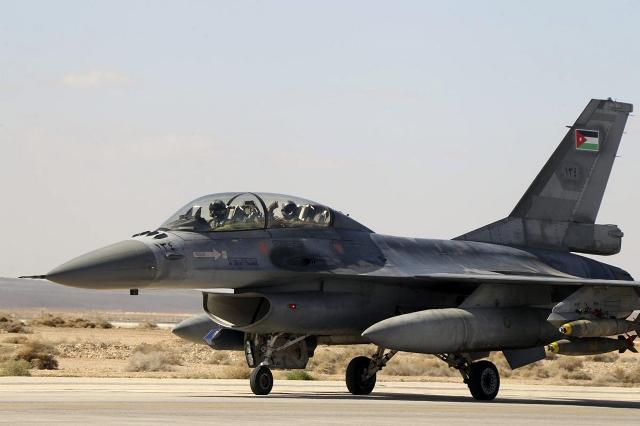ISIL Update
February 10, 2015
ISIL (Islamic State of Iraq and the Levant) is a terrorist organization in the Middle East that has recently made worldwide news for its attacks and brutal executions (and other human rights abuses). The group has taken advantage of turmoil in Syria and the Middle East post-Arab Spring to gain land and become a serious threat. The group has been denounced by nearly all Islamic scholars (and the even terrorist groups) for their extremism. ISIL is known for their slick social media campaigns and their presence on the internet that often belies their radical nature. Recently, the terrorist group burned Jordanian pilot Moath al-Kasaesbeh alive in a cage. This incident has triggered a serious backlash against the group within the Middle East.
In a surprising move, ISIL broke from their “normal” means of execution and decided to burn a Jordanian pilot alive. Analyst Brian Michael Jenkins spoke on the matter, “I can’t recall a single incident in modern terrorism where terrorists deliberately killed a hostage with fire. There’s no religious basis for it this side of 17th-century witch burning. The sole purpose is terror. It will enrage some in Islam.” In fact, there are some Islamic sources that explicitly forbid death by fire. It is likely, however, that ISIL is attempting to use the event to appeal to a narrow slice of extremists in a display of “theater” in a “fierce competition” between al Qaeda and others for control of the global Islamist movement. For ISIL, theological debates are meaningless and acts of savagery and terrorism take precedent. As time goes on, experts believe that the culture of ISIL will become even more violent as they attempt to maintain their foothold in Syria and the Islamist movement.
In a reaction against Muath al-Kasaesbeh killing, King Abdullah II of Jordan has taken steps to combat the terrorist group. After he received news of the burning while on a visit to the United States, he ordered the execution of two ISIL prisoners, and the prisoners were executed before his plane touched down. The Jordanian government has also seriously stepped up its airstrikes, destroying many targets and claiming to kill “7,000” extremists and have ISIL leader al-Baghdadi “on the run” since the start of the air campaign. In an air mission Abdullah labeled “Moath the Martyr,” the Jordanians struck the de facto capital of ISIL, Raqqa, and other targets before flying over the “martyred” pilot’s home. The campaign against ISIL within the Middle East and the non-extremist world is not expected to end anytime soon. Despite this, Jordan’s next move against ISIL is uncertain and support for the within the country for the campaign is expected to wane with time.

